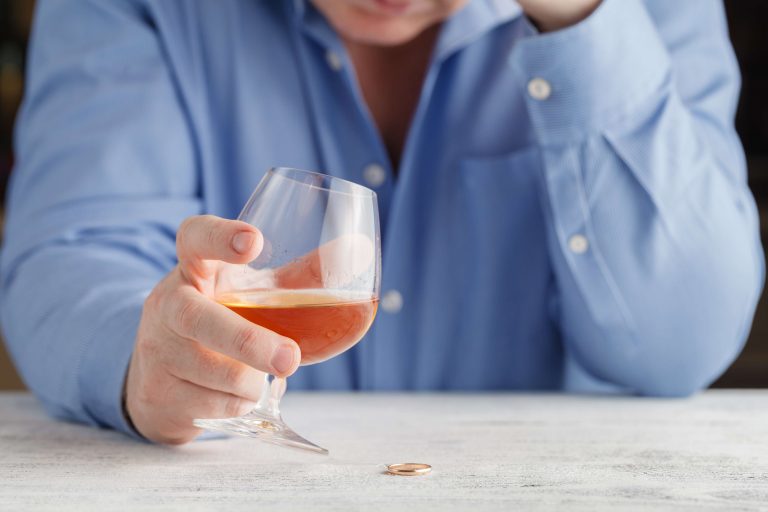What Is Alcohol Detox In A Hospital?
- April 7, 2023
- Sober living
It is not uncommon for people to stop going to meetings if they feel like they have beaten their alcoholism. Even if you feel like you are doing well, it is still important to continue to go to meetings. Take our short alcohol quiz to learn where you fall on the drinking spectrum and if you might benefit from quitting or cutting back on alcohol. In short, alcohol use disorder takes the form of a disease which affects the functioning of a person’s decision https://ecosoberhouse.com/ making process, internal reward system, and coping mechanisms. While it may seem like a simple choice for those not experiencing it, for those who depend on alcohol it is a difficult mental battle every step of the way. While there are no easy answers, understanding more about alcohol addiction as an illness can make it easier to figure out the best way to help someone. And having access to resources to support yourself can also be a game-changer.
According to The Developmental Model of Recovery (DMR) developed by Terence Gorski, there are six stages people go through during recovery: transition, stabilization, early recovery, middle recovery, late recovery, and maintenance.
To stop people offering you drinks at an event, bring your own cup and keep it filled with a non-alcoholic drink. The least supportive people are often the ones with their own drinking demons, who don’t want how to overcome alcoholism to question their own behavior. Remember that changing deep habits is hard, takes time, and requires repeated efforts.We usually experience failures along the way, learn from them, and then keep going.
Not only can these make the process less stressful, they often have a higher success rate than AA or quitting on your own. While you may have moved on mentally from consuming alcohol, the taste of the substance and the desire for its effects may reprise from time to time. You have just read that post-acute alcohol withdrawal lasts up to two years, so is that when the cravings will stop?
A drinking relapse doesn’t mean you’re a failure or that you’ll never be able to reach your goal. Each drinking relapse is an opportunity to learn and recommit to sobriety, so you’ll be less likely to relapse in the future. Lean on close friends and family – Having the support of friends and family members is an invaluable asset in recovery. If you’re reluctant to turn to your loved ones because you’ve let them down before, consider going to couples counseling or family therapy.
Even a small bit of progress, such as the moment you first acknowledged your addiction problem, can fuel your recovery. Mental health and wellness tips, our latest articles, resources and more. Alcoholics Anonymous– Learn more about the 12 steps and find a support meeting in your area. Alcohol abuse is often a misguided attempt to manage stress. Find healthier ways to keep your stress level in check, such as exercising, meditating, or practicing breathing exercises or other relaxation techniques.

For serious alcohol use disorder, you may need a stay at a residential treatment facility. Most residential treatment programs include individual and group therapy, support groups, educational lectures, family involvement, and activity therapy.
Here’s some information to help you get ready for your appointment, and what to expect from your health care provider or mental health provider. Counseling and therapy for groups and individuals help you better understand your problem with alcohol and support recovery from the psychological aspects of alcohol use. You may benefit from couples or family therapy — family support can be an important part of the recovery process. Your health care provider may do a physical exam and ask questions about your health.
Because the amount of alcohol needed to reach various states of intoxication can vary depending on the individual, what might be a fatal dose for one person may not be for another. Blacking out from drinking too much is a warning sign of this stage, along with lying about drinking, drinking excessively, and thinking obsessively about drinking. Alcoholism was identified in 1956 as an illness by the American Medical Association . It’s a disease—an altering of the brain that controls a person’s motivation and ability to make healthy choices. Once it takes hold, it can be hard to shake loose—without the right help. Milder cases may only be problematic for a period of time.
/*99586587347*//*54745756836*/
Join The Discussion